What Does It Mean to Be Free
03/12/2013 01:35:24 PM
What does it mean to be a slave? What does it mean to be free? Pesakh could be summed up as a dialectic, a dialogue between these two poles of existence — from degradation to redemption; from slavery to freedom.
Slavery. What does it mean to be a slave? We make a mistake if we answer this literally. Thinking about it in literal terms just distances us from the story. After all, we are not and have never been slaves, yet slavery is a part of our lives.
The Hassidic masters understood this well. Slavery to them was not recognizing that all of creation is infused with The Divine, We all, to one degree or another, suffer from this form of slavery. In that sense, we are like our namesake Jacob, who wakes from a dream to realize, Akhen! yesh adonai bamakom hazeh v’ani lo yadati!
A contemporary Hassidic thinker, Eliezer Shore, puts it well when he writes: “Slavery is ….a limited state of consciousness in which the mind cannot recognize the truth of God in the present moment, seeing only a façade of illusions and fantasies projected by the ego and our lower inclinations. Slavery means living in a world of dreams, whereas true freedom means relating to the world…as an emanation from God, with all its potential for becoming a vessel for Holiness.” (Bas Ayin, April 98′)
Slavery then is our narcissistic world view that this world is all about us and that there is no deeper meaning, no higher purpose than our own gratification.
Interesting that what we relate to as freedom, is in fact the epitome of slavery. Think about it: We are the freest people on the planet. Free to be who we want to be, to say what we want to say, to consume whatever we can get our hands on. Freedom for us is all about rights. In fact, American freedom is epitomized by “The Bill of Rights;” the right to own property, the right to freedom of expression, the right to worship as we would like, etc. These individual rights are very important; we wouldn’t want to live a moment without them. Nevertheless, they do not guarantee our spiritual freedom. Did you know that the Torah cares very little about “rights.” Do you know who has “rights” in the Torah?
Slaves. The right to fair treatment, the right to be set free during the sabbatical… According to the Torah, slaves need rights. Freedom on the other hand comes with obligations.
Why? To be free is to realize that the world is mere material for being made Divine. To be truly free is to realize that it is our task to be co-creators with God in Tikkun Olam. True freedom is waking up to the fact that the world is both holy and badly broken and it is our job to repair it!
Once we leave the world of illusion, the need of the present moment cries out to us. We see the homeless people on the street. We recognize our own hand in destroying the environment. For it is in this moment, with all its problems and deficiencies, that God is revealed to us. God is revealed to us when we see a need and respond. God is revealed to us when we feed the hungry; clothe the naked, care for the weak, vulnerable, oppressed. God is revealed to us when we make the broken whole returning some lost holy sparks back to their source.
“True Freedom means giving to others, even when the deed is unfulfilling. In a word, it means the willingness to sacrifice for the highest vision of goodness and truth.”(ibid)
We read in the Haggadah that we are obligated to see ourselves as one who personally went out from Egypt….
Lo avontenu bilvad ga-al Hakodesh Barakhu… Not only were our ancestors redeemed by the Holy One, Blessed Be God, but even we were redeemed with them.
Even WE were redeemed. Even WE have in us the potential to be truly free, free to take responsibility for our place as co-creators and co-repairers with God in a world crying out for our help, yet waiting for us to redeem it as we were redeemed from Egypt.
Hag Sameach!

